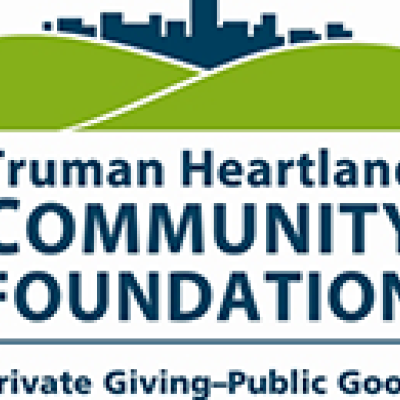
More than 900 community foundations operate in the United States, serving communities large and small. What all community foundations have in common is a long-term commitment to pooling resources from many donors for the betterment of the community. According to the National Philanthropic Trust, grants from Donor Advised Funds at Community Foundations totaled an estimated $9.58 billion in 2021, up 16.5 percent from $8.22 billion granted in 2020. Two reasons people choose a community foundation over other possibilities is because of the multitude of giving options available and the ability of a community foundation to protect the intent of your giving, even after your death.
Your Giving Options
A community foundation has several options that can both support the causes and organizations close to your heart and help lessen your tax burden. Giving through a donor advised fund is the easiest and most straightforward fund type. However, you can also choose to give to a general unrestricted fund, which allows the foundation the most flexibility to respond to community needs and fund community-focused initiatives. Giving to a field-of-interest fund to address one or more of your giving priorities is another option. This may be a good choice if your interests are broad such as arts and culture, children and youth, or the environment. Or you can get detailed with a designated fund and support a specific charity. No matter how you want to give, your local community foundation most likely has a charitable vehicle to meet your needs.
Protecting Your Intent
Giving through a DAF offers the most security for your giving intent. You get to decide what organizations you will grant to and when. Your grant designations are yours alone, and the information on your giving can be private. By creating a letter of instruction, you can also plan how your DAF will be utilized once you are gone. You can direct that it be used to fund a specific organization or a field of interest. You can also name a successor advisor, like your children, for example. And, if your designated organization goes out of business or changes its purpose, the community foundation will move your designated fund to support other organizations with similar missions or programs. It is the community foundation’s responsibility to ensure your intent remains intact.
Through strategic grantmaking and leadership, community foundations play a crucial role in identifying and solving community problems with help from other community partners. Essentially, they leverage the wealth of yesterday, today, and tomorrow to improve life for those who live, work, and serve in their communities.
Let us know if you have questions about community foundation funds or what sets a community foundation apart, and how we might help you do more with your giving. Reach out to Cole Eason, our VP of Advancement. He’d be happy to discuss your giving options and protections with you.





